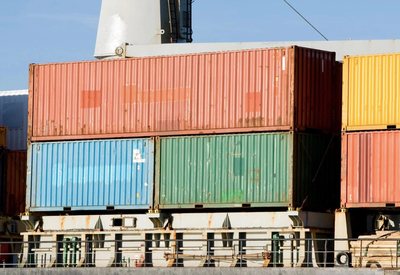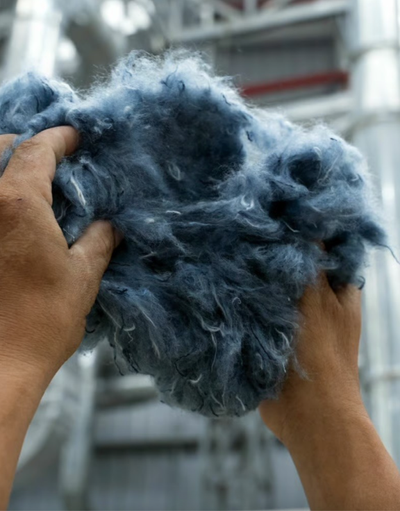Last week, Shein, the global fast-fashion retailer, appeared before the UK's Business and Trade Committee to address pressing concerns about its supply chain ethics. The session was marked by Shein's reluctance to provide clear answers regarding the potential use of forced labour in its cotton sourcing, particularly from China's Xinjiang region. This evasiveness has intensified criticism, especially as the company aims for a £50 billion listing on the London Stock Exchange in early 2025.
During the hearing, Yinan Zhu, Shein's EMEA general counsel, repeatedly declined to confirm whether the company's products contain cotton from Xinjiang, a region notorious for alleged human rights abuses against the Uyghur minority. When pressed by committee chair Liam Byrne for definitive answers, Zhu stated she would need to provide detailed information in writing, a response that failed to satisfy the committee. Byrne expressed the committee's frustration, stating, "For a company that sells a billion pounds to UK consumers and which is seeking to float on the London StockExchange, the committee has been pretty horrified by the lack of evidence you have provided."
Shein's lack of transparency has drawn sharp criticism from various quarters. Amnesty International UK's economic affairs director, Peter Frankental, commented, "Shein's refusal to answer straightforward questions about its supply chainsis deeply concerning and raises serious questions about its commitment to human rights." Additionally, the British Fashion Council has expressed significant concern over Shein's potential listing, citing ethical and governance issues.
The controversy surrounding Shein's supply chain is not new. In August 2024, the company admitted to finding two instances of child labour within its supply chain, as well as factories failing to pay the minimum wage. These revelations have intensified calls for greater scrutiny of Shein's operations, especially in light of its ambitious IPO plans.
Shein's planned IPO comes at a time when the London Stock Exchange is striving to attract high-profile listings to counteract a trend of delistings and reduced market activity. The exchange has experienced 18 consecutive months of listing outflows, with a net 115 companies delisted between July 2023 and December 2024. Major firms like Flutter Entertainment and Just Eat Takeaway have moved their primary listings to other international markets, citing deeper capital pools and higher trading volumes abroad. In this context, Shein's potential £50 billion listing is seen as asignificant opportunity to revitalise London's financial markets.
However, the ethical concerns surrounding Shein pose a dilemma for investors and regulators. The Financial Conduct Authority (FCA) has the authority to act on any breach of prospectus rules, including misleading statements. An ECM banker noted, "If they are not up to code, it’s our reputation on the line." This sentiment reflects the broader apprehension within the financial community about associating with companies facing serious ethical allegations.
Shein's rapid growth and popularity, particularly among young consumers, have been accompanied by persistent allegations of labour exploitation and environmental concerns. The company's business model, characterised by ultra-fast production cycles and low prices, has been criticised for promoting unsustainable consumption patterns and poor labour practices. In response to these criticisms, Shein has stated that it is dedicated to operating in a responsible and ethicalmanner, with policies rejecting forced labour and protecting human rights within its supply chain.
Despite these assurances, the company's recent appearance before the Business and Trade Committee has done little to allay concerns. The lack of concrete answers and transparency has only heightened scepticism about Shein's commitment to ethical business practices. As the company moves forward with its IPO plans, it faces increasing pressure to address these issues comprehensively.
The situation also underscores the broader challenges faced by regulatory bodies and financial markets in balancing the attraction of high-value listings with the imperative to uphold ethical standards. As Shein's case illustrates, the scrutiny of environmental, social, and governance (ESG) factors is becoming increasingly central to investment decisions and regulatory approvals.
In conclusion, Shein's recent engagement with the UK's Business and Trade Committee has intensified scrutiny of its supply chain practices at a critical juncture in its expansion plans. The company's evasive responses regarding forced labour concerns have alarmed lawmakers and human rights advocates alike. As Shein prepares for a potential £50 billion IPO on the London Stock Exchange, it must confront these ethical challenges head-on to gain the trust of investors, regulators, and consumers. The coming months will be pivotal in determining whether Shein can reconcile its rapid commercial growth with the rigorous ethical standards expected in today's global market.






